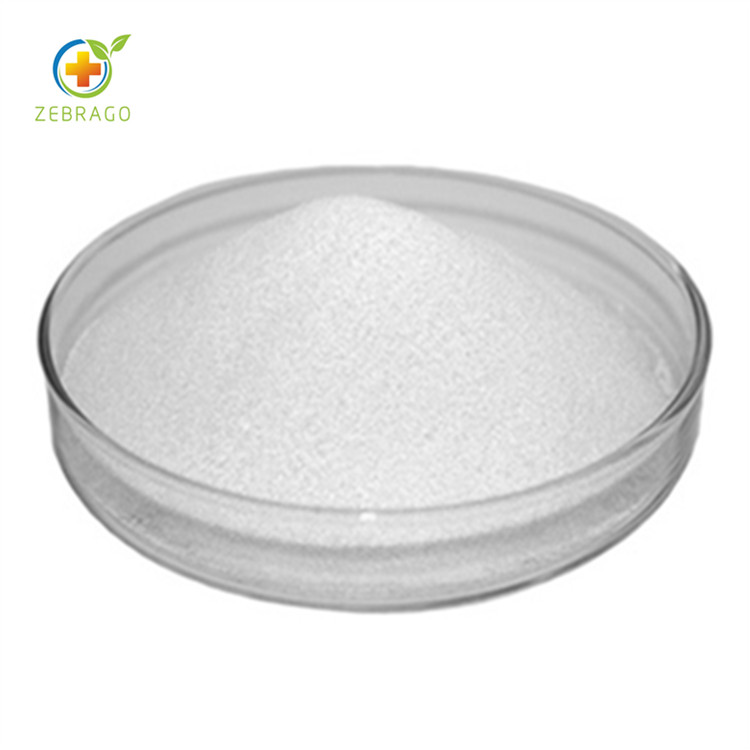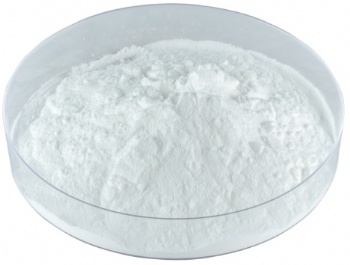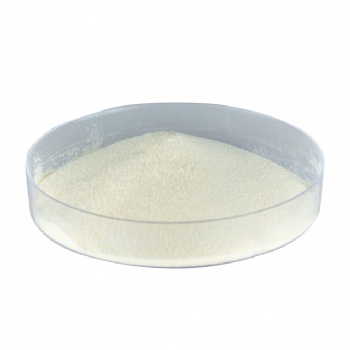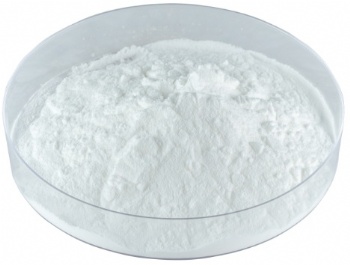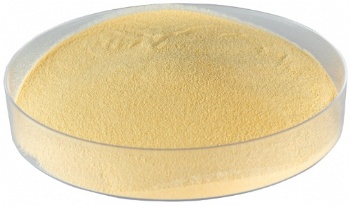| Product Name | Dexamethason |
| Part Used | DXMS |
| Appearance | white powder |
| Active Ingredient | Dexamethasone Sodium |
| Specification | 99% |
Dexamethasone is a potent synthetic member of the glucocorticoid class of steroid drugs. It acts as an anti-inflammatory and immunosuppressant.
Dexamethasone is an antiinflammatory glucocorticoid that induces the production of phospholipase A2 inhibitory protein (lipocortin). It also inhibits induction of nitric oxide synthase (IC50=5 nM).
Dexamethasone has been shown to cause reduction in cyclin A and Cdk2 activity, inhibition of G1/S transition in osteoblasts and inhibition of phosphorylation of Rb protein. Dexamethasone has been observed to induce apoptosis in human thymocytes and eosinophils, but inhibits apoptosis in neutrophils. Dexamethasone is an activator of IDO.
Application of Dexamethasone powder
Adrenocorticotropic hormone drugs, anti-inflammatory, anti-allergic and anti-drug more effective than prednisone, and promoting the removal of potassium sodium retention is very light, intramuscular or intravenous pituitary - adrenal strong inhibition:
1. Anti-inflammatory effects: The product can reduce and prevent tissue response to inflammation, thereby reducing inflammation performance. Hormone suppression of inflammatory cells, including leukocytes and macrophages accumulation in sites of inflammation and inhibition of phagocytosis, lysosomal enzyme release and synthesis and release of inflammatory chemical mediators. Can reduce and prevent tissue response to inflammation, thereby reducing inflammation performance.
2. Immunosuppressive effect: preventing or inhibiting cell-mediated immune response, delayed hypersensitivity reactions, reducing T lymphocytes, monocytes, eosinophils, reducing immunoglobulin binding to cell surface receptors and inhibition of the synthesis and release of interleukin, thus reducing the T lymphocyte transformation of lymphoblastoid cells, and reduce the extension of the primary immune response. Can reduce immune complexes through the basement membrane, and can reduce the concentration of ingredients complement and immunoglobulins.



